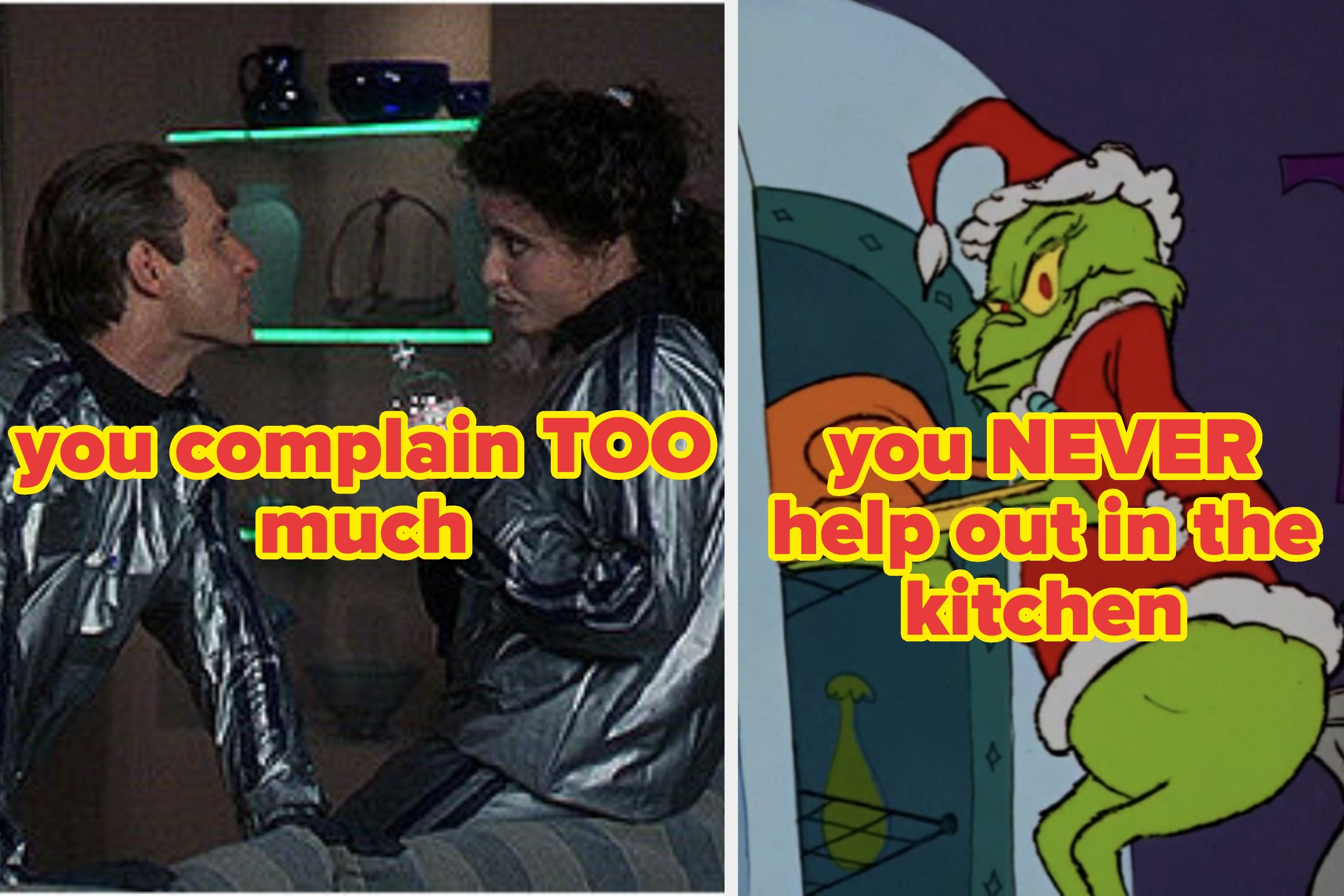 |
| "A sad time for all people" |
For Christians, the answer should be easy, especially in this season after Holy Week and Easter Sunday. During those precious few days, our ritual and liturgy focused like a laser on the person of Jesus of Nazareth. We rejoiced while remembering his entry into Jerusalem and deplored his followers’ neglectfulness in the garden and his delivery into his tormentors’ hands. Especially if we re-watched Mel Gibson’s “The Passion of the Christ,” we winced as the whip tore the flesh from his back and the nails pierced his hands and feet. Finally, inevitably, all Christians shouted, “Alleluia, Christ is risen!”
For us modern people, divided by language, creed, race, and station, by borders and ancient resentments and suspicions, it’s hard to imagine one person drawing the world together as Christ does his followers. Sometimes it does seem to happen, if only for a moment and almost always as the residue of tragedy. Those of a certain age remember the events of Nov. 22, 1963 as an outrage against all humanity. President Kennedy’s successor certainly did. During a recent visit to the LBJ Library in Austin, I saw the typescript of the brief remarks a staff member prepared for President Johnson to use when his plane arrived in Washington from Dallas with Kennedy’s body aboard. The aide wrote, “This is a sad time for every American.” Johnson crossed out the last two words so it would read, “[F]or all people.”
And so it was, although our species’ sadness didn’t ameliorate our Cold War rivalries. It makes me wonder what we could accomplish if the fragile bubble of unity never burst, if two billion Christians acted together in the spirit of our common alleluia, if people could just agree on how to achieve peace, justice, and freedom for all. After all, writes novelist Andy Weir, “[E]very human being has a basic instinct to help each other out. It might not seem that way sometimes, but it’s true….This is so fundamentally human that it’s found in every culture without exception.”
 |
| Left behind |
Actually, that’s not Andy talking but astronaut Mark Watney, a character in Weir’s book, The Martian. Mark is one of six NASA astronauts who land on Mars. When the mission is aborted because of a sandstorm, his colleagues leave without him because they mistakenly think he’s been killed. He has to survive using only the food, air, water, shelter, and transportation (two four wheel-drive rovers) left behind with him.
The novel, which features no extraterrestrials, is a space geek’s dream. At first, no one knows Mark’s alive. Then a NASA staffer studying satellite photos of the landing site notices that someone has moved one of the rovers. Within hours, everyone realizes that Mark is puttering around on Mars, and it turns out that almost all seven billion people on the novel’s fictional but highly realistic planet Earth want him to make it home. The U.S. invests hundreds of millions of dollars in desperate rescue missions. Even our geostrategic rivals the Chinese decide to help.
The Martian deftly invokes a unity of purpose that reminds me of Christians’ Easter acclamations, that laser-like fixation of ours on the miracle of Resurrection. We are prone to lose our unity all too soon, falling back on our enervating squabbles with one another at home, work, and church. By the same token, reading Andy Weir’s book, I had no trouble accepting that people would become fixated on an astronaut stranded 140 million miles away while overlooking the victims of injustice and circumstance on their own planet and even their own doorsteps. If God’s people ever gave full expression to the instinct to help each other out that Weir correctly identifies, then (pace Matt. 11:5) the blind would surely see, the deaf hear, and the lame walk, and good news would be continually proclaimed to the poor. Alleluia!
This post first appeared in the Vaya Con Dios, the newsletter of St. John Chrysostom Episcopal Church.








No comments:
Post a Comment